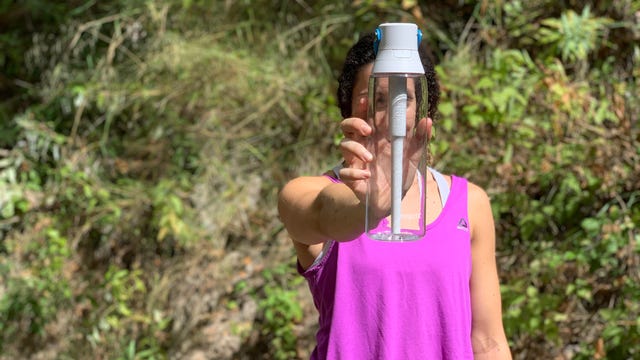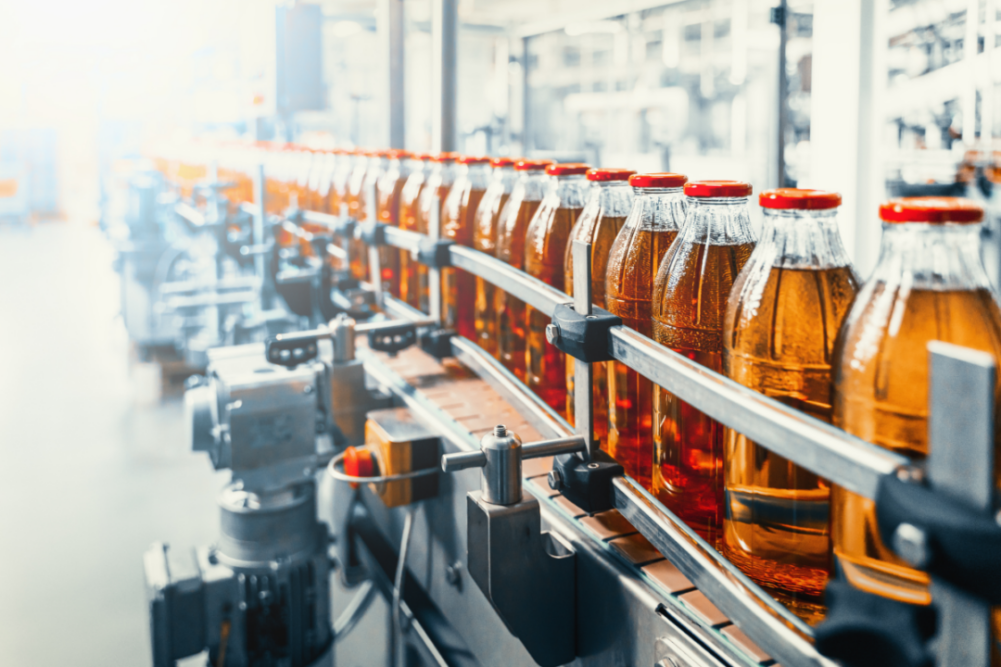Plastic bottles are one of the most common forms of waste, but they can have an especially devastating environmental impact in Hawaii. From the beaches to the oceans, plastic bottles are a major source of pollution and are having a significant impact on the state’s environment. In this article, we’ll look at the environmental impact of plastic bottles in Hawaii and what can be done to reduce it.
One of the most obvious environmental effects of plastic bottled water in Hawaii is the pollution they cause. Plastic bottles are a major source of litter on beaches, parks, and other areas throughout the state, and they can also end up in the ocean, where they can become a hazard to marine life. Plastic bottles can also leach harmful chemicals into the environment, which can contaminate the water and soil.

Another environmental issue caused by plastic bottles in Hawaii is the amount of energy needed to produce them. It takes a lot of energy to create plastic bottles, and this energy comes from burning fossil fuels, which contributes to climate change.
One of the most important ways to reduce the environmental impact of plastic bottles in Hawaii is to ensure that they are disposed of properly. The state has implemented a number of waste management programs, such as curbside recycling, to help reduce the number of plastic bottles entering the environment. However, the state also encourages citizens to reduce their consumption of plastic bottles and use reusable bottles instead.
Plastic bottles are a major source of pollution in Hawaii, and they are having a significant impact on the environment. To reduce the environmental impact of plastic bottles, it is important to ensure they are disposed of properly and to reduce consumption. B

